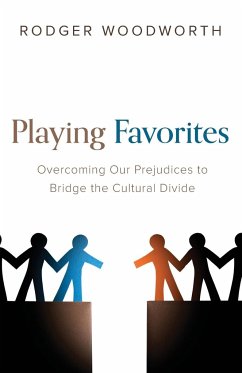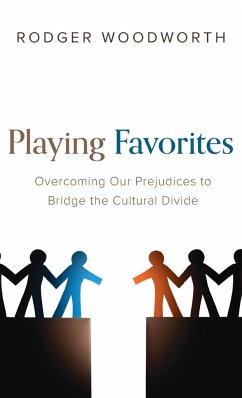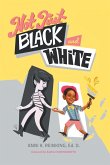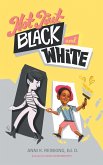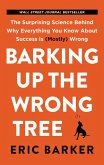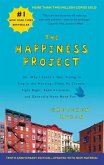According to recent research, our brains prefer the path of least resistance when it comes to engaging people who are unlike us--in fact, our brains tell us to perceive anyone different than us as a threat. That is a nice way to say that, despite our best intentions, we all have our prejudices and preferences. In biblical terms, we show partiality toward people who resemble us; we play favorites. Much of our identity, community, and power are established by the measurement of our differences from others, justifying our need to categorize people. Even when we attempt to engage other races and cultures, we see it as a one-way bridge, taking our way of life across the river to enlighten those different than us. It assumes we are on the bank of the undistorted view of the world and our understanding of the other side is not important. The proper response is to encourage two-way traffic on the bridge, not only by having dialogue with people over the bridge but more importantly listening to them. Overcoming our prejudices and bridging the cultural divide is the result of living out the gospel and it is the most significant way to communicate the gospel.
Hinweis: Dieser Artikel kann nur an eine deutsche Lieferadresse ausgeliefert werden.
Hinweis: Dieser Artikel kann nur an eine deutsche Lieferadresse ausgeliefert werden.

